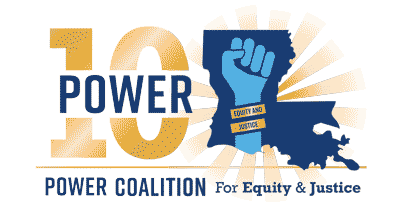Minimum Wage in Louisiana hasn’t changed in 13 Years.
Numerous bills were presented this 2022 Spring Legislative Session that could have changed that.
Some House and Labor Committee members consistently voted against minimum wage increases.
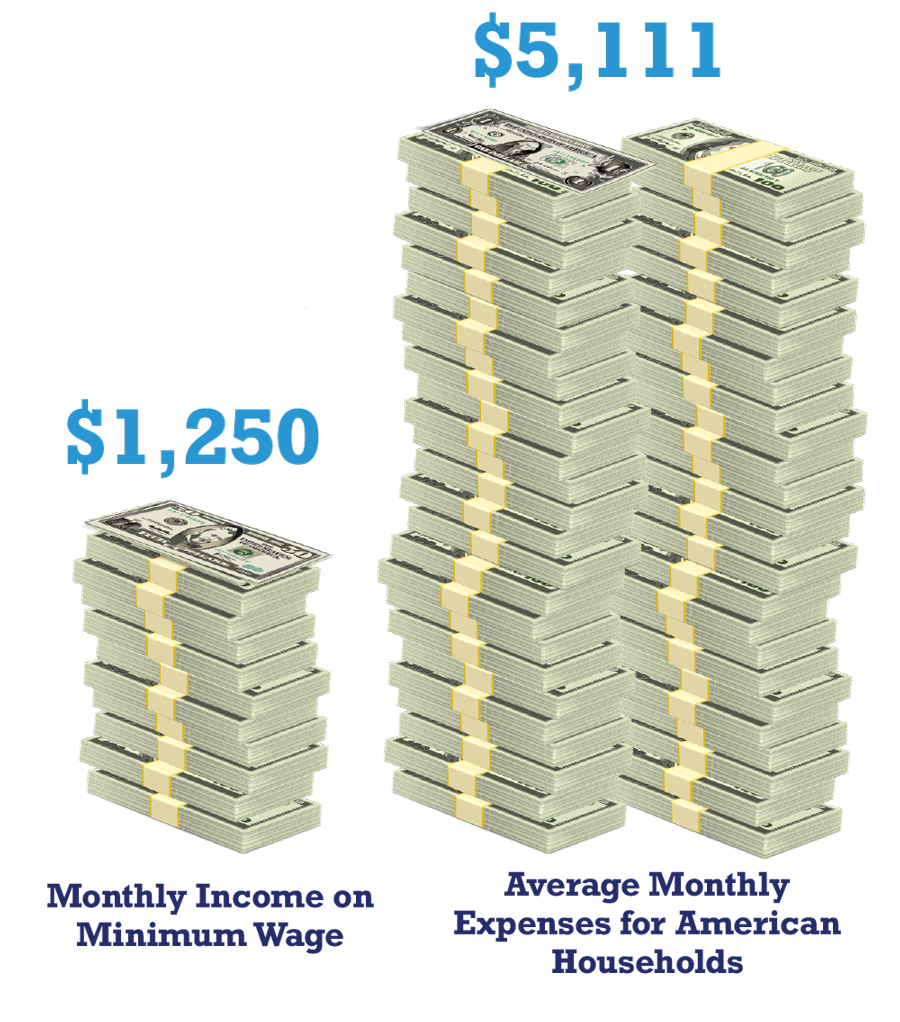
- There are 30 states that have a minimum wage higher than the federal minimum wage. Louisiana is 1 out of 7 states without its own minimum wage policy.1 We have been stuck at the baseline federal wage of $7.25 since 2008.
- $7.25 an hour breaks down to $1,250.00 per month. The average monthly expenses for American households are $5,111 or $61,334 per year.
- The cost of food, transportation, healthcare, education and general personal care adds up. In a year, inflation caused the average prices of food, transportation, healthcare, education, and general personal care to rise by 7.9 percent.
- We have people that work for the state of Louisiana but actually qualify for social services like food stamps.
- Raising the minimum wage would send a clear message that we value the working people of our state.
- Putting the issue on the ballot allows people to vote on the issue. It gives voice to the people closest to the problem.
- Raising the minimum wage could produce benefits for workers, employers, communities, and the entire economy.
- Doing the same thing over and over again and expecting new or different results is often defined as insanity.
Minimum Wage Bill Report Cards
HB 472 by Representative Tammy Phelps for District 2
A bill to establish a minimum wage for tipped employees of $4.26 per hour.
Voted YES

Rep. Carpenter
District 63

Rep. Larvadain
District 26

Rep. Phelps
District 3

Rep. Cormier
District 105
Voted NO

Rep. Owen
District 76

Rep. Riser
District 20

Rep. Horton
District 9

Rep. Frieman
District 74

Rep. Amadée
District 51

Rep. Echols
District 14

Rep. Crews
District 8

Rep. Schlegel
District 82
Absent

Rep. Hodges
District 64

Rep. Cox
District 23
HB 311 by Representative C. Denise Marcelle for District 61
A bill to establish a state minimum wage with gradual increases to achieve $12 an hour by 2024.
Voted YES

Rep. Carpenter
District 63

Rep. Larvadain
District 26

Rep. Phelps
District 3

Rep. Cormier
District 105

Rep. Owen
District 76
Voted NO

Rep. Riser
District 20

Rep. Horton
District 9

Rep. Frieman
District 74

Rep. Amadée
District 51

Rep. Echols
District 14

Rep. Crews
District 8

Rep. Schlegel
District 82
Absent

Rep. Hodges
District 64

Rep. Cox
District 23
HB 219 by Representative Kyle Green, Jr. for District 83
A bill to extend present law for pay equality, within the public sector, to all persons employed in the state of Louisiana.
Voted YES

Rep. Carpenter
District 63

Rep. Larvadain
District 26

Rep. Phelps
District 3

Rep. Cormier
District 105

Rep. Owen
District 76
Voted NO

Rep. Riser
District 20

Rep. Horton
District 9

Rep. Frieman
District 74

Rep. Amadée
District 51

Rep. Echols
District 14

Rep. Crews
District 8

Rep. Schlegel
District 82
Absent

Rep. Hodges
District 64

Rep. Cox
District 23
HB 1013 by Representative Malinda White for District 75
A bill to establish a minimum wage of $9.00 per hour for state employees.
Voted YES

Rep. Carpenter
District 63

Rep. Larvadain
District 26

Rep. Phelps
District 3

Rep. Cormier
District 105

Rep. Owen
District 76
Voted NO

Rep. Riser
District 20

Rep. Horton
District 9

Rep. Frieman
District 74

Rep. Amadée
District 51

Rep. Echols
District 14

Rep. Crews
District 8

Rep. Schlegel
District 82
Absent

Rep. Hodges
District 64

Rep. Cox
District 23
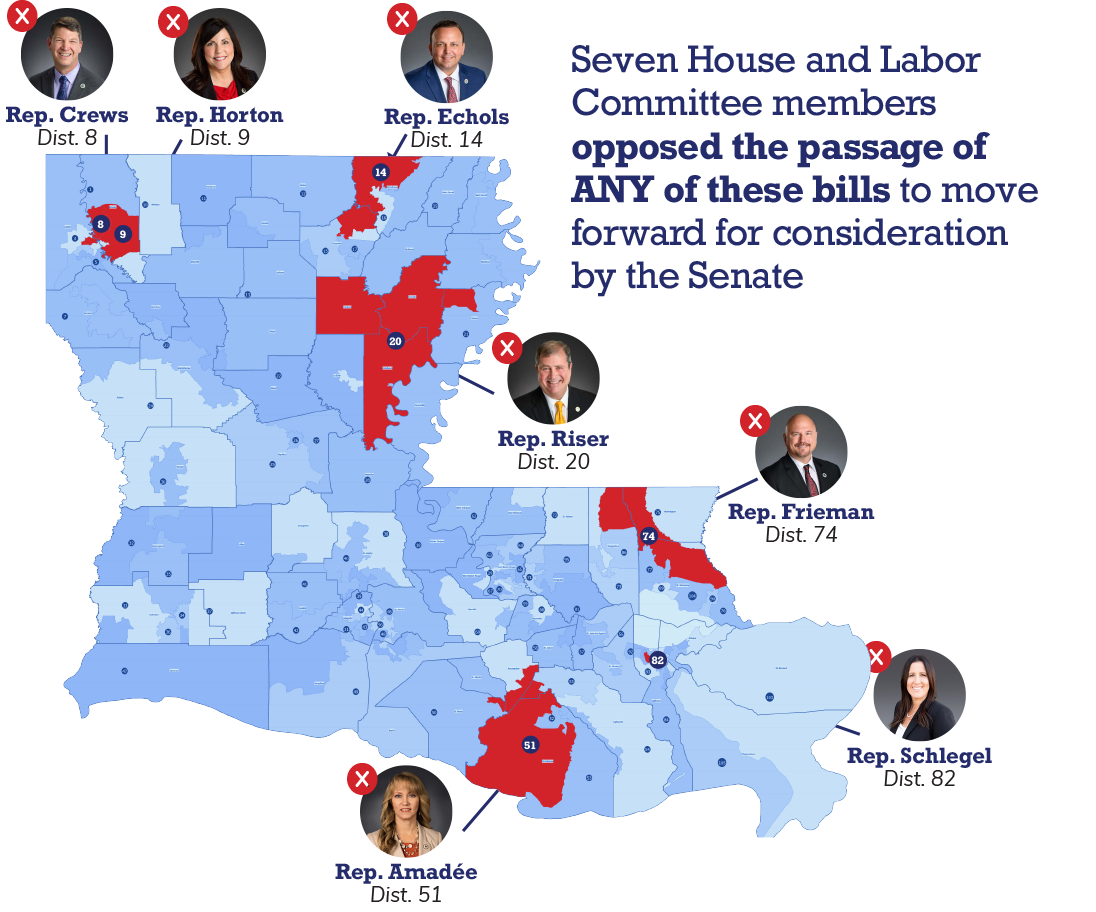
Thank You!
for presenting bills that would work to raise the minimum wage for workers in Louisiana.

Rep. Green
District 83

Rep. Phelps
District 3

Rep. Marcelle
District 61

Rep. White
District 75
Thank You!
to the House and Labor Committee members who voted in favor of minimum wage bills that would support our workers.

Rep. Carpenter
District 63

Rep. Larvadain
District 26

Rep. Phelps
District 3

Rep. Cormier
District 105

Rep. Owen
District 76
Minimum Wage and the Pay Gap.
- 802,558 workers in Louisiana, nearly 39% of all workers in the state, make less than $15 an hour. (Oxfam America)
- About a third of Louisiana’s workers could have benefited from a minimum wage increase to $15 an hour. (EPI)
- Most minimum wage earners are adults (NELP). Of Louisiana’s 802,558 workers making less than $15 an hour, only 8% (67,327) are teenagers. (Oxfam America)
In 2016 in Louisiana, women made the following for every $1 a white man made:
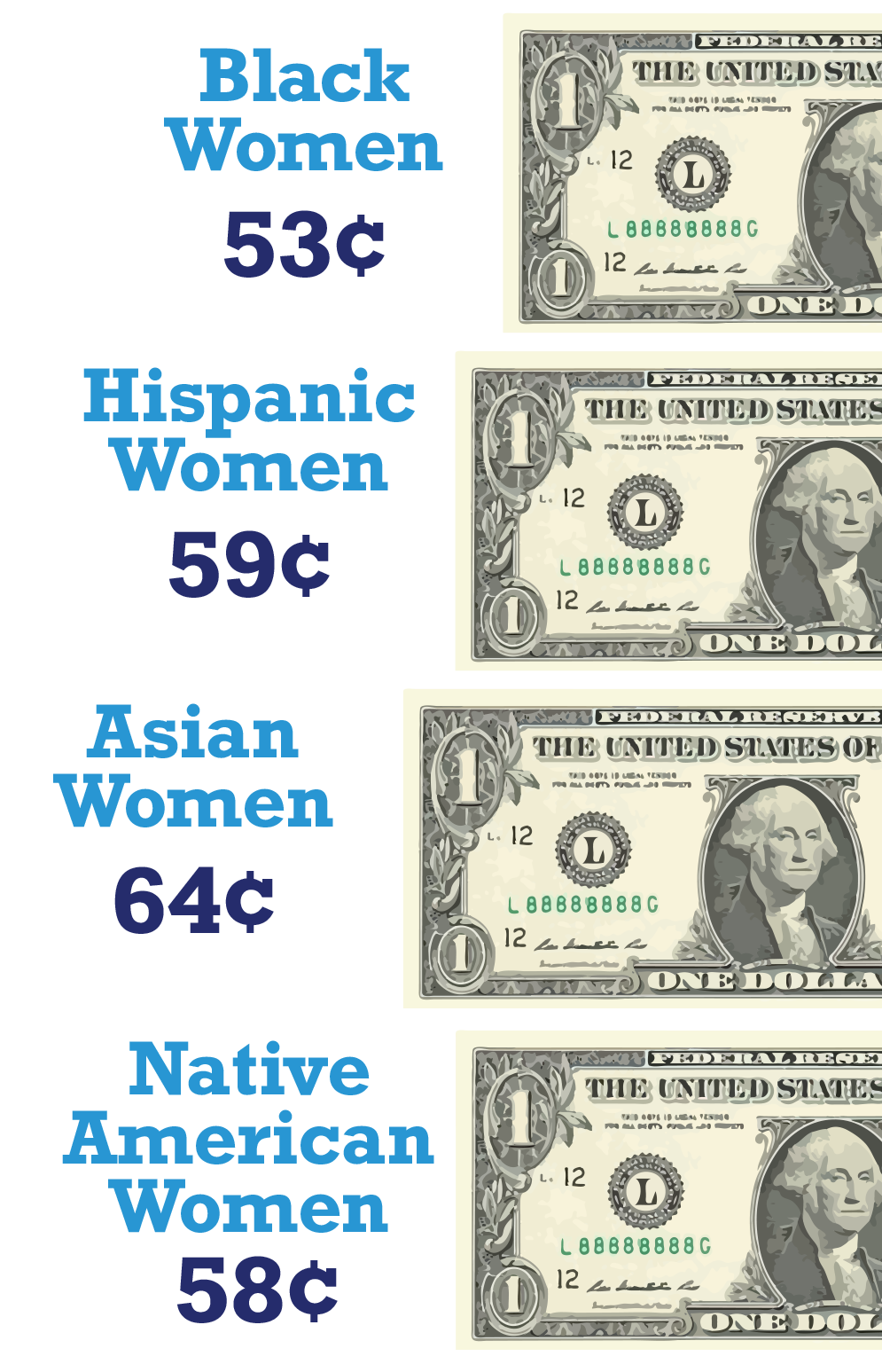
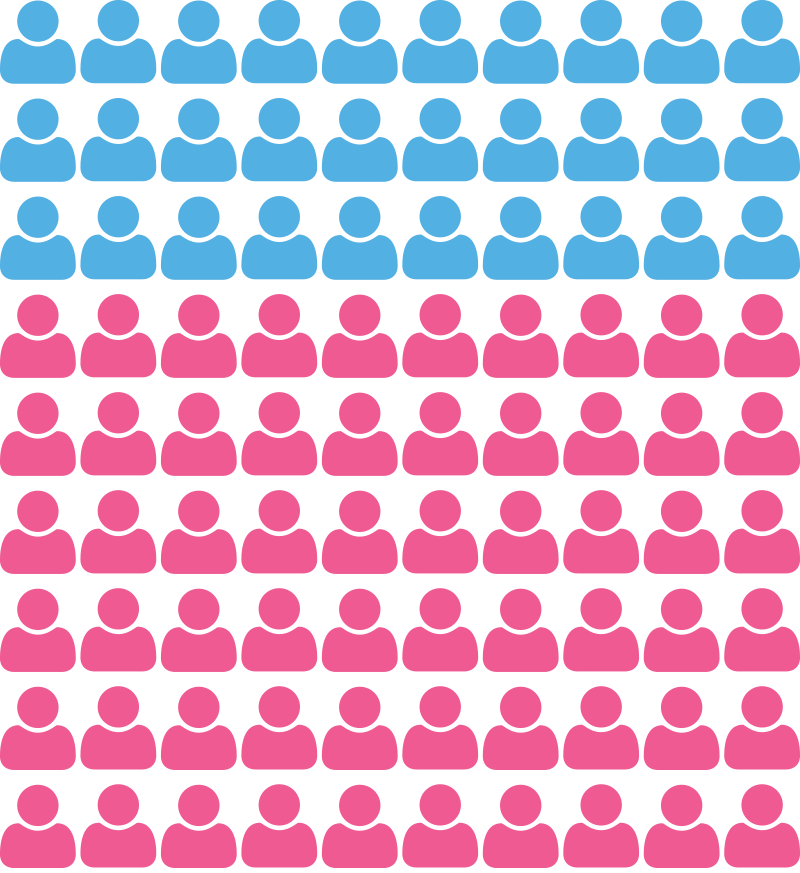
Two-thirds of Louisiana’s minimum wage workers are women
In Louisiana, mothers are the sole, primary, or co-breadwinners in 69% of families

Due to the gender wage gap, each woman in Louisiana will lose an average of $629,480 over the course of her lifetime
In 2020, six Louisiana metro areas were among the 15 metro areas with the largest wage gaps in the nation2

2In comparison to wages earned by white men. https://www.theadvertiser.com/story/money/2021/03/24/womens-history-month-louisiana-has-one-largest-gender-wage-gaps-u-s/6963690002/
Racing to the Bottom
- Since 2009 (the last time the federal minimum wage was increased), the Louisiana Legislature has considered 53 bills to raise the minimum wage. None were passed.
- Influential business interest groups like the Louisiana Association of Business and Industry and the National Federation of Independent Businesses have been arguing in opposition of increased minimum wage on the basis of taking the decision-making ability away from business owners.
- This year they argued around businesses not being able to afford the pay increase and still keep workers on payroll. This is despite the fact Louisiana is facing a worker shortage in both the private and the public sector.
A Worker Shortage or a Good Job Shortage
- “I just don’t want to hurt those people that don’t have a job at all,” Rep. Crews spoke about what he believes could be unintended consequences of raising the minimum wage.
- The Advocate published in March 2022, applications for state jobs have fallen 52% over the past two years, a trend that has also been felt in the private sector.
- The Center for American Progress argues problems of low wages, unpredictable schedules, poor working conditions, and lack of basic benefits are no longer considered acceptable. In other words, not all jobs are good jobs and if you want to attract and retain good employees, employers need to provide better opportunities and benefits. A pay raise would be just one step.
Long-term benefit to advancing policies that increase minimum wage
Power Coalition and our partners understand the long-term benefit of working to change policies that impact marginalized communities. Despite facts, it often takes years (and sometimes longer than a decade), to make long-term changes. We’re working toward systemic change, but something must be done in the short-term to ensure people have the resources they need. Organizations like us continue to have to bridge the gap for the lack of policies in place to support our workers, our women, low-income families, and people of color. Programs like She Leads, is just one example of this.
